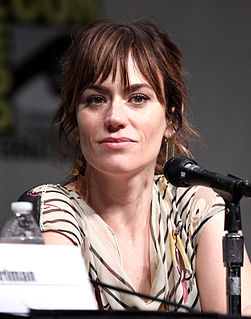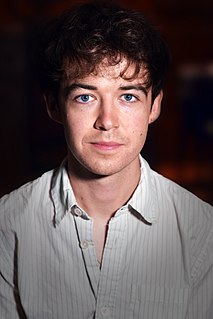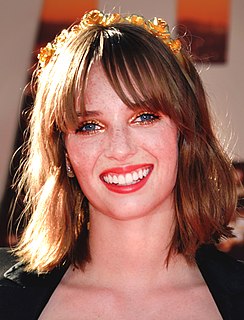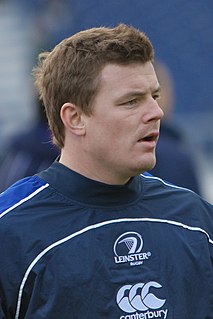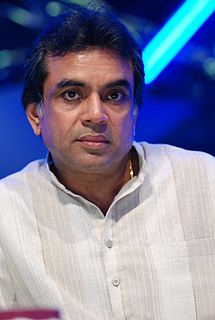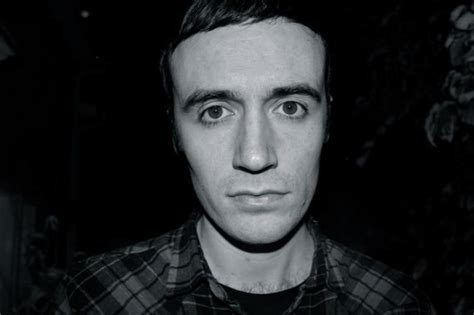A Quote by Maggie Siff
Over time as an actor, your life with a project can be so short lived because you come on, you do it, and then you're done. You have no control, no say, and all of a sudden there's all of this distance between the work you've put into something and the product as you see it appear on-screen.
Related Quotes
You try and imagine what it must have been like to first see something moving on a screen. It must have blown your mind, because up to then life went by and there was no way to capture it. You could only get one instant and you didn't get the movement. So it's like having a bit of control over time really, because it's happening in real time or what seems to be real time, and then you can play it backwards and you can watch things again and again.
One big power of an actor is knowing when to say no to something. It can be very tempting to say yes to something, because you're flattered that somebody would like to work with you, and your ego sort of takes over, but it's important to ask whether there could be something you could add to a project by being part of it.
As a young actor, there's a very small group of kids, just a handful. As you get older, all of a sudden, there's a bunch of guys your age that work. It's a very different experience when you used to be on the short list because you were young and there's only so many kids that can do the work and then all of a sudden you're in your twenties and thirties and there's a whole bunch of guys that can do your work.
People call me a theater actor, but I'm just an actor. But I tell my friends all the time - especially a lot that do theater and haven't done a lot of TV/film - that you have so much more control over your work onstage. When you go onstage, you can really see the difference between people who can really do it, and people who are just kind of pretending to do it. There is no editor, there's nothing that's going to stop the actor from showing what they can do unless it's not a well-written role.
Ideas are easy to come by, they spring effortlessly out of the vacuity of the mind and cost nothing. When they are held and projected onto one's self or others they become a project. When the project is enacted it becomes the work, and when the work is completed it appears to be self-existent. Creation is the process of form manifesting from emptiness, where that which arises from the mind comes into existence. Yet the distance between conception and realisation may be enormous, as vast as the distance between the stars.
As an actor on a film, you have no control over the final product - your job is to make a director's vision come true. So, you need to have total faith in them and add your own creativity and opinions and energy, but you have to really give over responsibility, and sometimes that can feel terrifying.
If you're not doing something with your life, then it doesn’t matter how long you live. If you're doing something with your life, then it doesn't matter how short your life may be. A life is not measured by years lived, but by its usefulness. If you are giving, loving, serving, helping, encouraging, and adding value to others, then you're living a life that counts!
When you work fast, what you put in your pictures is what your brought with yoiu - your own ideas and concepts. When you spend more time on a project, you learn to understand your subjects. There comes a time when it is not you who is taking the pictures. Something special happens between the photographer and the people he is photographing. He realizes that they are giving the pictures to him.
Why do you think so many actors are only half-developed people? It's very easy when you're a young actor to have these intense, explosive friendships for short periods of time, because you can control what's shown of you. Then you go on to your next job and reinvent yourself again. I think it's important to find something constant.
It is the shared experience - [although] you're the conduit of the sound, the recipient is also in some way the author of the work, because if they weren't the author of the work they wouldn't be able to recognise it as an experience, you could argue. The more distance you can put between yourself and having any kind of objective the more likely it is to appear.
